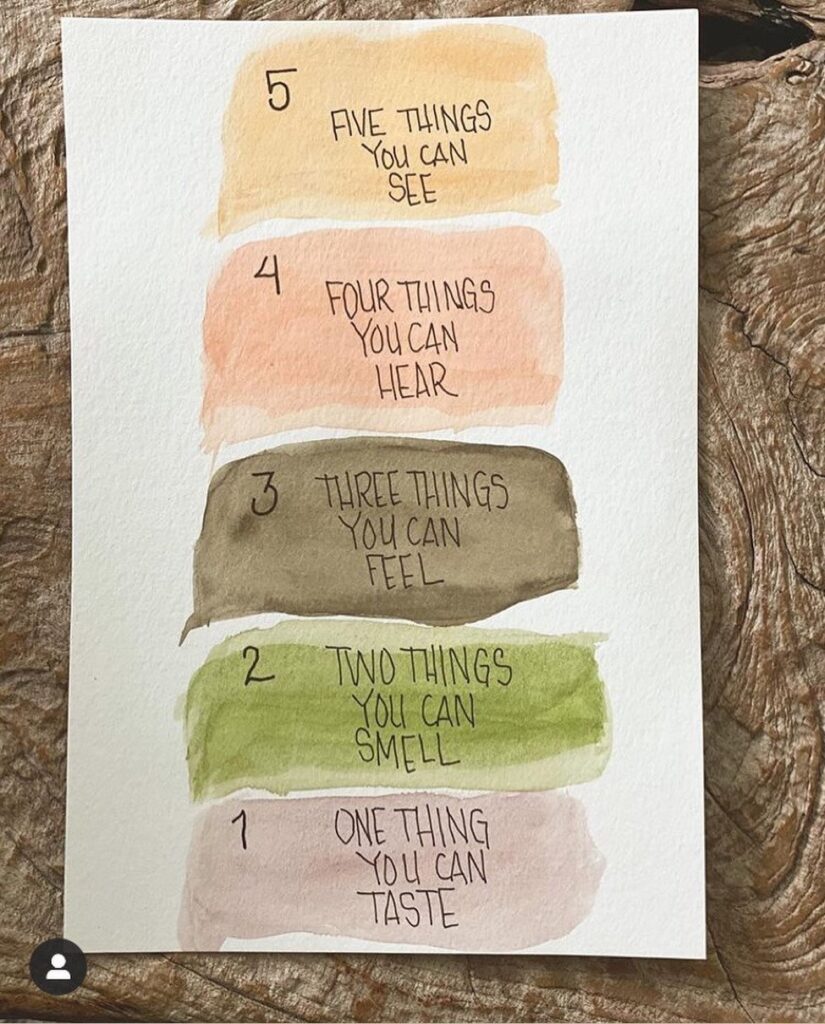So, we’re a month into this global pandemic. For those us still fortunate enough to be employed, many of us are having to create new routines and new ways of working whilst also dealing with so much that is unknown and unpredictable. And for those working on the frontline (including our own youth workers, custodians, and kitchen staff) you are figuring out how to protect the health of yourself, the clients you serve, and the people you go home to. That’s a lot!
And while much of the information we are getting highlights ways to keep ourselves physically well, these strange times can also negatively impact our mental health, too. Worries about the future (the “what if’s?” and “when will this be over?”) coupled with multiple losses (old, comfortable routines; employment; loved ones; plans; and a sense of safety in the world) can leave us feeling anxious, lost, depressed, or alone.
Mindfulness practices can really help us in times like this when so much seems uncertain. Mindfulness is a technique we teach to the young people at Covenant House Vancouver as well. Our Registered Clinical Counsellors (RCC) continue to provide one-to-one counselling to their clients, using the technology available to them to offer counselling virtually when appropriate. Our RCC’s are also providing mindfulness and mental health resources both for youth and staff, which is very helpful right now.
Mindfulness means intentionally bringing your awareness to the present moment without judgment or analysis. There are many ways to do this (and it’s much harder than I may be making it sound because we have these incredible minds that have evolved to judge and analyze and interpret constantly), but one of the easiest methods I use is a simple one using my senses. I take a moment to bring my awareness to the present moment by naming:
- 5 things I can see
- 4 things I can hear
- 3 things I can feel
- 2 things I can smell
- 1 thing I can taste
So, when I am starting to feel overwhelmed by losses, uncertainty, anxiety, or frustration, I take a moment to do this mindfulness exercise and it helps to anchor me in this present moment where I can remember that I am OK.
I hope this helps you during this difficult time.
Shared By Dr. Keith Thurlow-Bishop, MA, MSc, PhD
Registered Clinical Counsellor & Expressive Arts Therapist

